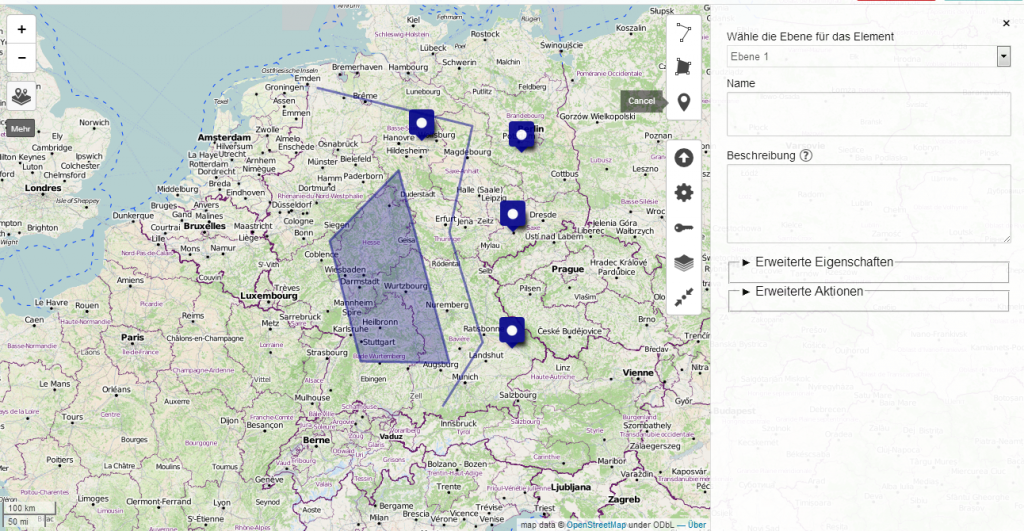This is truly not a GIS oriented post but when it comes to science or studying you probably faced a big stack of books or a more or less endless list of PDFs you always wanted to read. My main proplem always was: it takes huge amount of time to read stuff.
But here comes Spritz. Dani our main developer pointed me to this incredible technology.

The company behind Spritz explains that the normal reading speed is approx. 220 words per minute and they claim to increase this value up by factor four. You can have an insight in the science behind it by reading the paper by Paul A. Luce the old fashioned way. The main point is: When you read your eyes are searching instead of consuming text. Spritz remove this movement:
The video shows normal reading vs the Spritz’ reading and you can clearly see the difference. I would love to see this technology working on my PDFs and also whole scientific ebooks. This would probably increase productivity and if it is true that reading like this is also more efficient in terms of memorization or understanding I would even pay for it. The first tests at 300 words per minute were fine to me. You can follow the text quite easily and also switching up to 500 words per minute was possible after 2-3 minutes. But my eyes hurt after this as your really concentrate on one point. Your eyes probably will get dry in using this text streaming technology that can be integrated onto mobile devices, wearables, apps, websites, etc.
. … What do you think?!




This is a fascinating piece of technology, it seemed to work well on the demonstration. I can see the potential for reading a full book, though I’ll have to reserve judgement until I’ve done that. I can see it being more useful to me in terms of reading fiction books though. For information-based books, I already use sites such as http://whycode.com/ in order to extract the key ideas in about 10 minutes. So I can see this being more useful to me in terms of reading stories.